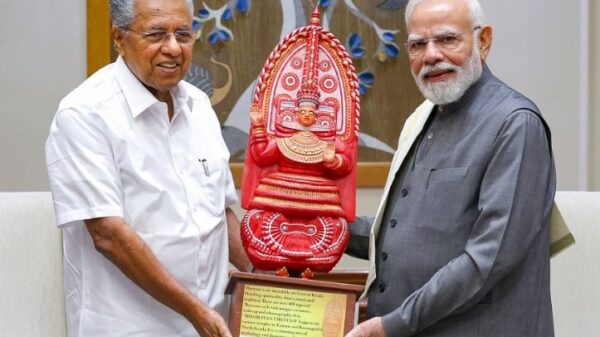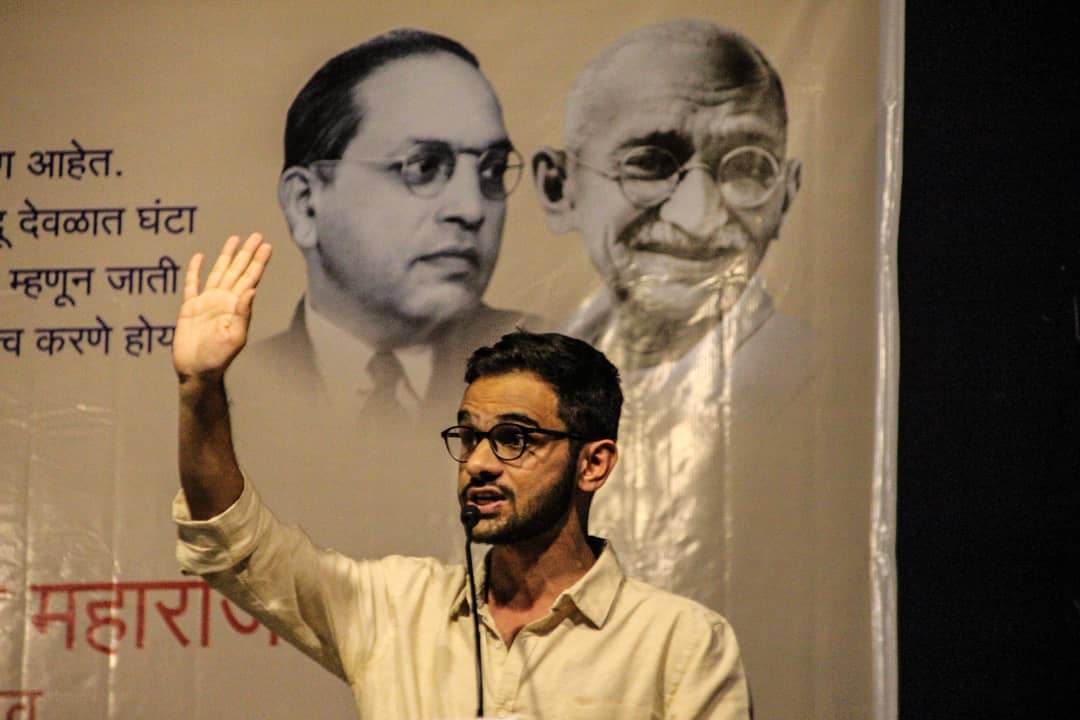The Delhi Police told the Supreme Court on Monday that activist Umar Khalid cannot seek the same treatment as co-accused Devangana Kalita, Natasha Narwal and Asif Iqbal Tanha in the 2020 Delhi riots case. The police said the Delhi High Court’s 2021 bail order for the three had been based on a wrong reading of the Unlawful Activities Prevention Act. This was reported by Live Law.
Additional Solicitor General SV Raju argued that the High Court made an error when it said the Unlawful Activities Prevention Act applied only to matters involving the “defence of India”. He said this mistake led the court to treat the special bail restrictions in Section 43D(5) of the law as if they did not apply. According to him, “the High Court had wrongly concluded that the UAPA was not attracted and therefore ignored the statutory bar on bail”.
Section 43D(5) makes it difficult for anyone accused of serious offences under the Act to get bail. A court cannot grant bail if there are reasonable grounds to believe the allegations are true. Raju told the bench that once the High Court decided the Act did not apply, it wrongly used Section 439 of the Criminal Procedure Code instead of Section 437. Section 437 sets tighter limits on granting bail for offences that carry severe punishment, while Section 439 gives the High Court wider discretion.
Raju also pointed out that the Supreme Court did not cancel the earlier bail orders because cancelling bail requires stronger reasons than refusing bail initially. He told the court that Khalid cannot rely on the argument of parity. “If bail is granted on a wrong interpretation of law, there is nothing like parity,” he said, according to Live Law. He added that the Supreme Court had already said the High Court’s bail order for Kalita and the others could not be used as a precedent. He also argued that Khalid had made the same parity argument in earlier bail applications and the court rejected it. “The same argument cannot be raised again unless there is a change in circumstances,” he said, as reported by Bar and Bench.
Khalid and four others had approached the Supreme Court after the High Court dismissed their bail pleas on September 2. Khalid, Sharjeel Imam, Gulshifa Fatima, Meeran Haider and Shifa Ur Rehman were arrested between January and September 2020 after communal violence broke out in North East Delhi during protests for and against the Citizenship Amendment Act. The violence killed 53 people, most of them Muslims, and left hundreds injured. They have been charged under the Unlawful Activities Prevention Act, the Arms Act, the Prevention of Damage to Public Property Act and several sections of the Indian Penal Code.
In an affidavit filed on October 30, the Delhi Police opposed their petitions and claimed that the accused were part of a “regime change operation” carried out under the cover of civil protest. The police also alleged that Umar Khalid was the main conspirator and had guided Sharjeel Imam in planning the first stage of the violence.
Senior advocate Kapil Sibal, appearing for Khalid, had earlier told the Supreme Court that the prosecution was delaying the trial. He said no weapons or incriminating material had ever been recovered from Khalid and there was no evidence he took part in any act of violence. Sibal said the only allegation against him was that he gave a speech in Maharashtra on February 17, 2020. He argued that the speech referred to Gandhian non-violence and “cannot be called provocative by any reasonable standard”.




























































